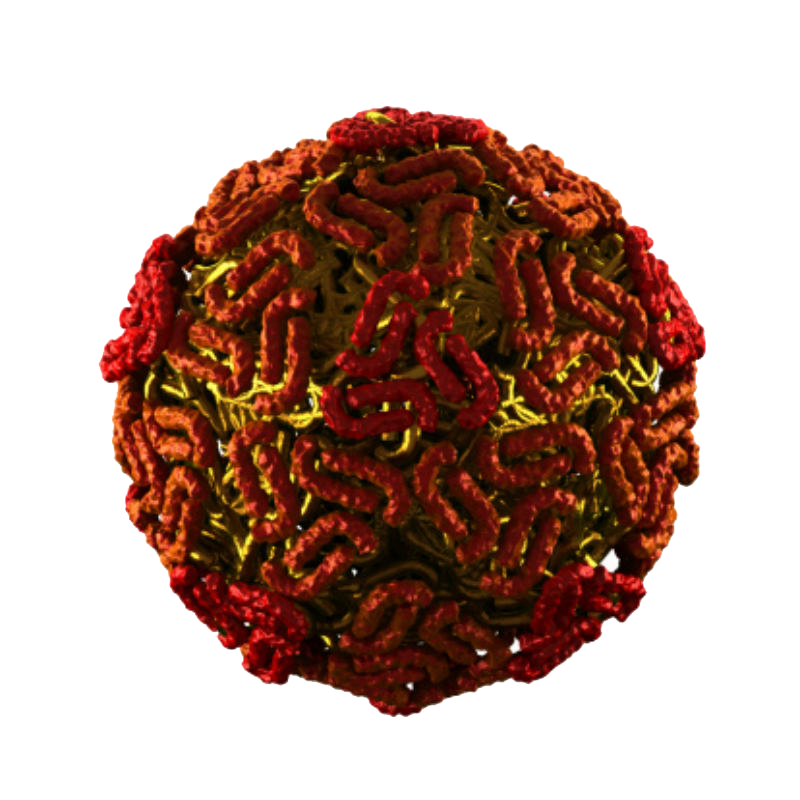The first indication this year of West Nile virus circulating in Los Angeles County was detected in a dead crow collected in South Pasadena, the San Gabriel Valley Mosquito & Vector Control District announced Monday.
West Nile virus is spread to people through the bite of an infected mosquito. Birds can become sick from WNV, but do not spread the virus directly to people.
“West Nile virus is endemic, which means we’ll detect it every year in our communities,” said SGVMVCD Scientific Program Manager Melissa Doyle. “As the weather heats up, everyone should prevent mosquito bites and eliminate stagnant water around their home.”
Doyle recommends the following actions to stay healthy and bite-free:
- tip out stagnant water around the home weekly;
- toss unused containers that can hold stagnant water; and
- protect against bites by using insect repellent containing any one of the following CDC-recommended ingredients: Picaridin, DEET, oil of lemon eucalyptus (or PMD), or IR3535.
According to the Los Angeles County Department of Public Health, one in five individuals infected with the WNV, for which there is no cure, will exhibit symptoms that include fever, headache, body aches, nausea or skin rash. The symptoms can last for several days to months.

One in 150 people infected with the virus will require hospitalization. Severe symptoms include high fever, muscle weakness, neck stiffness, coma, paralysis and possibly death.
Those at greatest risk include seniors and individuals with compromised immune systems. People over 50 years old and those with chronic health problems are at higher risk of severe illness. While not all mosquitoes carry this virus, the type of mosquito that spreads this virus is found throughout Los Angeles County.
Mosquitoes in Southern California are generally more active from May to October, and the SGVMVCD’s public information officer, Levy Sun, noted that it “only takes one bite for a mosquito carrying West Nile virus to get you sick. Don’t take your chances and assume the next mosquito bite will be harmless.”
Sun also noted that mosquito control “is a responsibility shared by all residents, businesses and property owners.”
SGVMVCD, one of five vector control districts in Los Angeles County, monitors stagnant water sources, such as gutters, storm drains, channels and non-functional swimming pools. The agency also routinely monitors populations of adult mosquitoes using traps and tests groups of adult female mosquitoes for the presence of WNV and other mosquito-borne diseases. The agency submits samples from dead birds, such as crows, for testing, which can provide insight into the spread of WNV.
For more information, or to report neglected swimming pools of stagnant water, visit www.SGVMosquito.org or call 626-814-9466.







